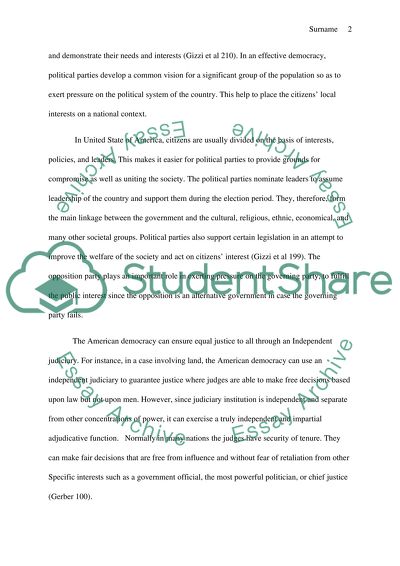Cite this document
(“Democracy and an Age of Democratization Essay Example | Topics and Well Written Essays - 2000 words”, n.d.)
Democracy and an Age of Democratization Essay Example | Topics and Well Written Essays - 2000 words. Retrieved from https://studentshare.org/politics/1617265-political-see-the-attached-file
Democracy and an Age of Democratization Essay Example | Topics and Well Written Essays - 2000 words. Retrieved from https://studentshare.org/politics/1617265-political-see-the-attached-file
(Democracy and an Age of Democratization Essay Example | Topics and Well Written Essays - 2000 Words)
Democracy and an Age of Democratization Essay Example | Topics and Well Written Essays - 2000 Words. https://studentshare.org/politics/1617265-political-see-the-attached-file.
Democracy and an Age of Democratization Essay Example | Topics and Well Written Essays - 2000 Words. https://studentshare.org/politics/1617265-political-see-the-attached-file.
“Democracy and an Age of Democratization Essay Example | Topics and Well Written Essays - 2000 Words”, n.d. https://studentshare.org/politics/1617265-political-see-the-attached-file.


